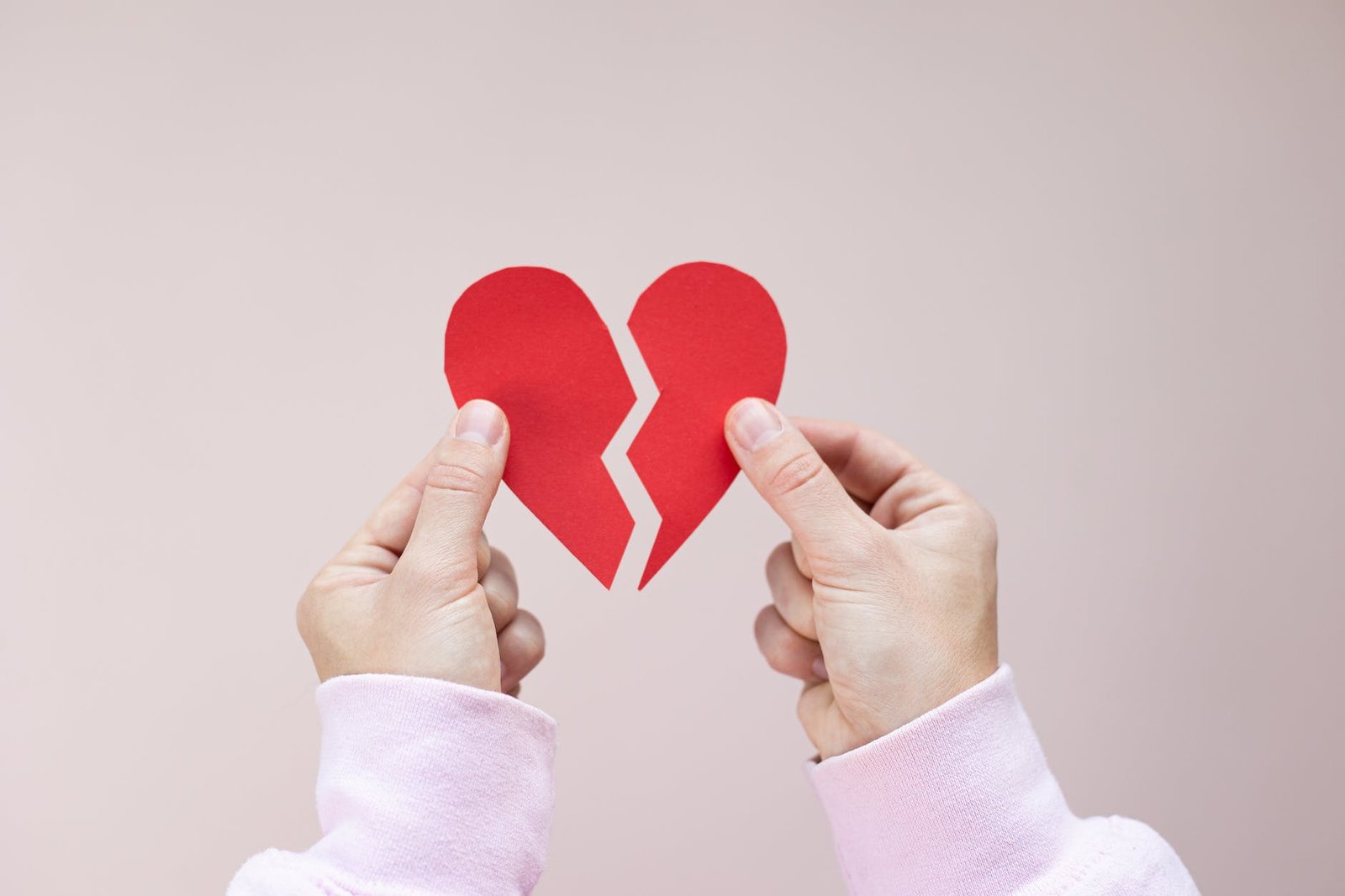Recovering from Narcissistic Abuse
We provide knowledge and resources for those who have or are experiencing emotional abuse

Understanding Emotional Abuse
We educate people about the tactics abusers use to psychologically abuse their victims. The first step in recovery is recognizing the signs that you are in a toxic and abusive relationship.
Isolation
Your abuser will isolate you from friends and family to maintain control by removing your support. Without support, you do not get help recognizing the abuse. They discourage you from seeing friends and family by claiming these people are bad for you and that they are the only one there for you.
Gaslighting
This tactic can take many forms for example denying events that have occurred or denying making promises they made. Victims end up doubting themselves and questioning their perception of reality.
Insulting Language
Abusers often use insults and name-calling to attack your self-worth. These are often presented as jokes. These tactics over time wear down your self-esteem and self-worth.
Shifting the Blame
One cardinal sign of an abuser is their refusal to take responsibility. They blame others for their abusive behaviour. This blame game keeps victims trapped by having them believe that the abuse can be stopped by changing themselves. The reality is that the abuser’s behaviour is a reflection of their mental state and has nothing to do with the victim’s behaviour.
Overstepping Boundaries
They regular overstep your boundaries and do not recognize your individuality. This tactic may show up as monitoring your activities, reading your phone etc. Children subjected to emotional abuse have problems making decisions and do not advocate for themselves since their lives are controlled by the narcissist. They become people pleasers who put everyone’s needs above their own.
Negative Attitude
The abuser does not say kind words, express positive feelings or congratulate you on successes.
Are you in an abusive relationship?
Most people in an abusive relationship do not realize it due to the constant chaos that keeps them confused and trapped.
Signs of Emotional Abuse
- Lack of confidence
- Lack of self-care
- Emotional Dysregulation – cannot control emotions
- Fear
- People pleaser
- Loss of self identity
- Co-dependence
- Shame
- Physical Changes such as weight gain
- Psychologically Symptoms such as depression


Our Newsletter
- Supports victims
- Brings hope and peace to survivors
- Encourages healing
- Models ‘living your best life’
“Narcissists are masters of pathologizing your emotions. They convince you that your emotional reactions to the abuse are the problem, rather than the abuse itself. “
~Shahida Arabi
Join our mailing list
Stay in the loop with everything you need to know.